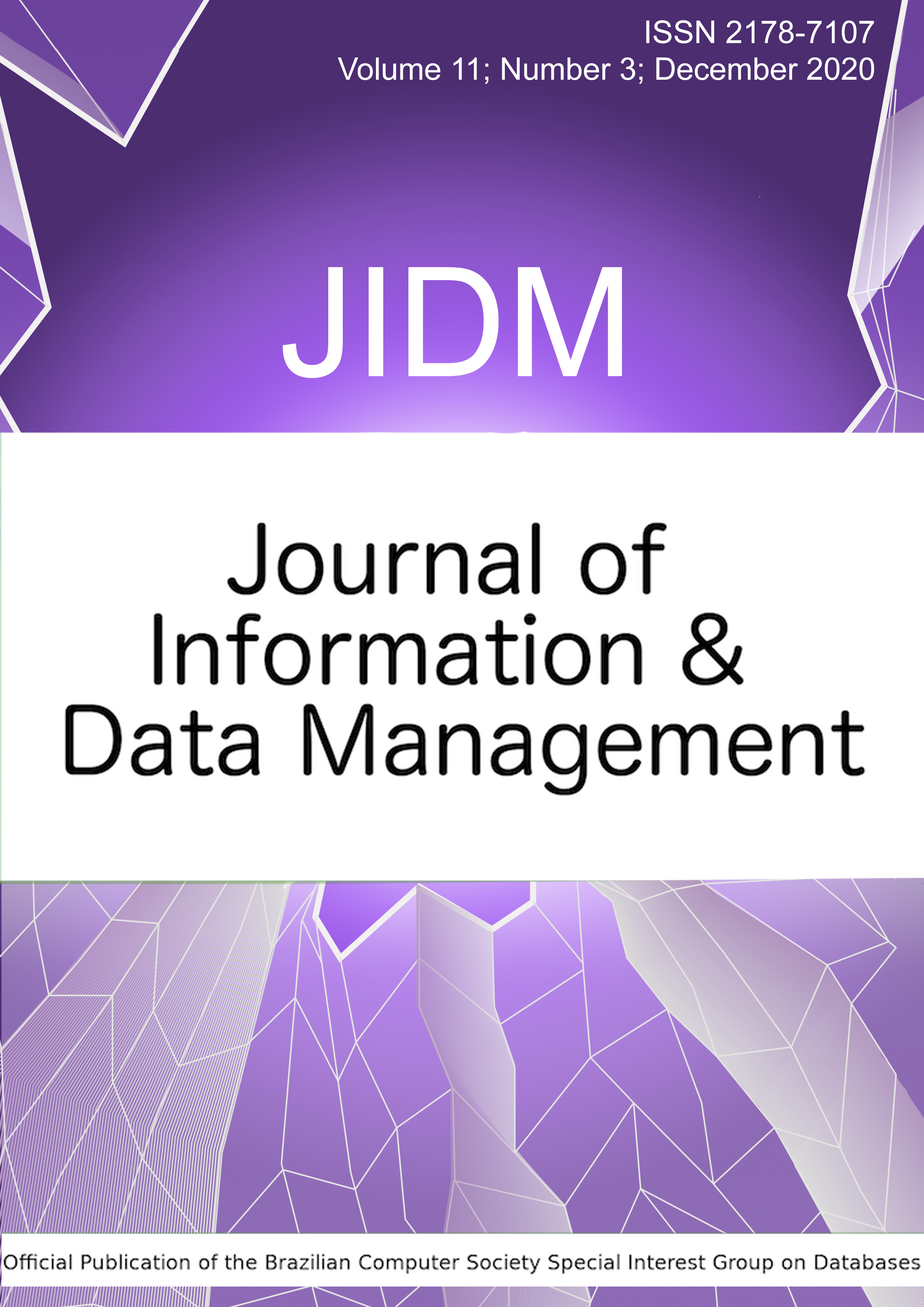An Experimental Analysis of the Use of Different Storage Technologies on a Relational DBMS
Abstract
The most traditional Database Management Systems (DBMS) are built on the premise that the data is stored on magnetic disks such as hard disks drives (HDD). Recently, several alternatives to HDDs have emerged, such as the solid state drives (SSDs) based on non-volatile memory (NVM) technology such as 3D X-point and the new generations of dynamic random access memories (DRAM). The different characteristics of these devices may impact the performance of DBMSs. In this work, we propose to analyze the performance of a DBMS that stores its databases in four different ways, in HDD, SSD NVM, DRAM, and in a hybrid way, using the three storage devices together. To do this, we use two workloads, analytical and transactional, and we observe the throughput as well as the latency. After, we discuss the reasons that give rise to the results obtained for each type of storage. We also show that the query processing can benefit from the different characteristics of each storage device to perform faster queries and, finally, we analyze the benefits of using a hybrid storage system.

